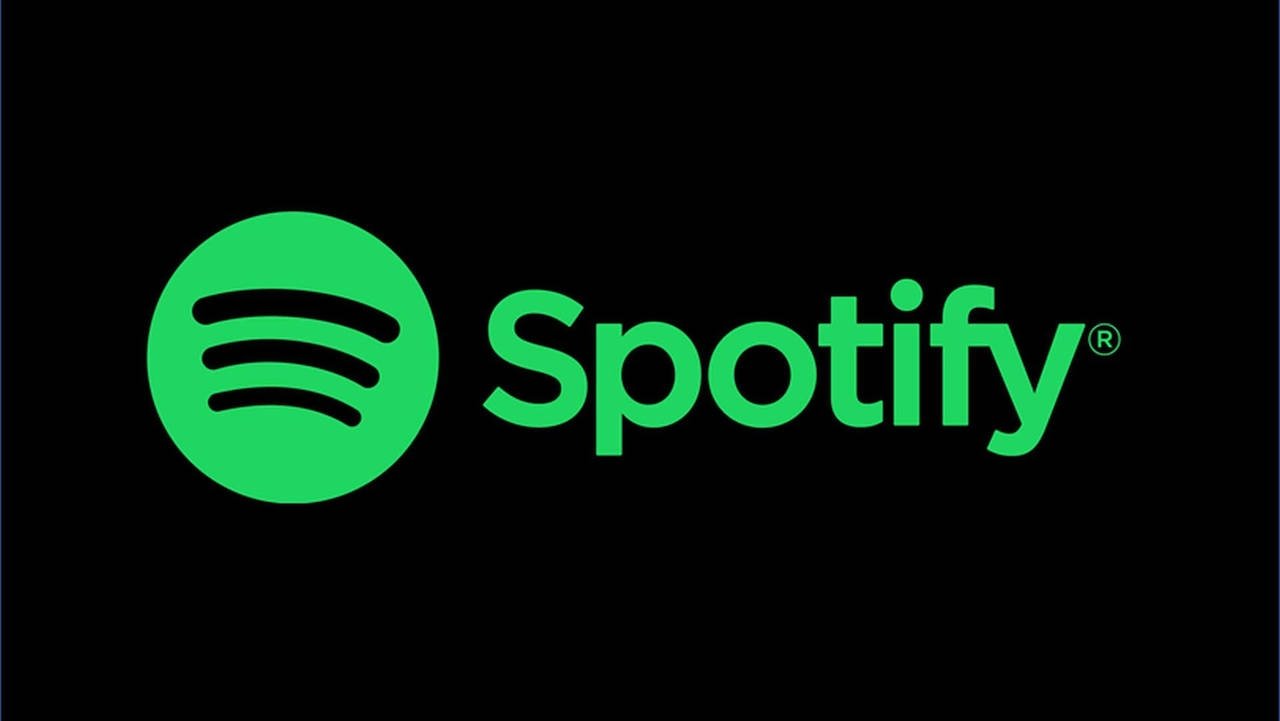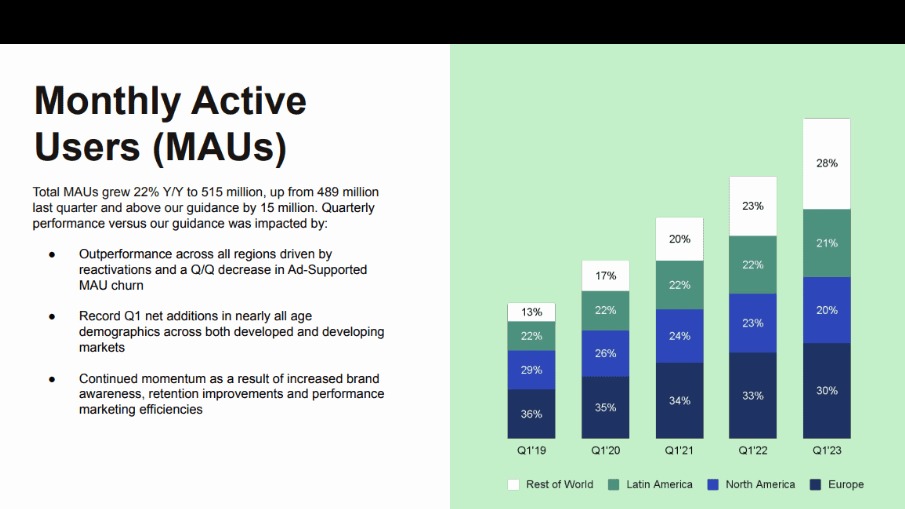
Spotify, the music streaming platform with over 515 million monthly listeners, has laid off 200 employees, about 2% of its workforce in a move directed at altering a long-standing relationship with some of the leading podcast studios — Gimlet Media and Parcast.
According to a memo sent by the company’s head of podcasts, Sahar Elhabashi the decision was a “fundamental pivot” aimed at supporting creator-oriented podcasting.
Spotify Merges Gimlet Media and Parcast Podcast Studios
In a related report, The Verge said that some of the employees who were laid off on Monday have been anticipating the news for a while now as they have been “walking on eggshells for months.”
“Zero joy. [The layoffs] were more just a matter of when. The fact that it was yesterday, that was the surprise,” one of the former Gimlet workers told The Verge’s Hot Pod.
The two podcast studios, Gimlet Media and Parcast, which the company acquired in 2019 will merge to form a new unit referred to as Spotify Original Studios. Elhabashi added that the new operation will continue to produce some of the existing shows like The Journal.
The Journal is a daily show that updates the world on the latest news from several media platforms like The Wall Street Journal in collaboration with Gimlet. Also expected to keep airing is Stolen, a popular show that covers the residential school system in Canada.
In a Twitter post, Parcast Union, which represents the interests of its members confirmed the axing of Gimlet and Parcast.
A statement from us and @GimletUnion. The full text is threaded below. 🧵 pic.twitter.com/4MIQhUz5zg
— Parcast Union (@ParcastUnion) June 5, 2023
The union said that Spotify, one of the only top brands to focus on creating original podcasts, had spent almost $300 million to buy the two studios, but then “squandered that opportunity” by making mistakes such as discontinuing popular shows.
Spotify also made many shows exclusive to its platforms, “reducing the amount of revenue our studios could earn,” the statement read in part.
Many content companies find it difficult to break even with exclusive shows as they tend to limit the audience and therefore the expected revenue. The Wall Street Journal (WSJ), while reporting on the matter cited Amanda Lotz, a media consultant from Australia, who affirmed that the strategy hasn’t “really worked in an environment of so, so many podcasts.”
She attributed the layoffs to the inability to recoup investment from the originally overvalued studios, and said that decision to merge Gimlet and Parcast was a “normal correction rather than anything more serious.”
Gabriel Kahn, a professor at the University of Southern California, known for studying the media industry in addition to consulting on strategy said that “Podcasts can’t defy the law of supply and demand.”
“Supply has proliferated. Demand has not,” he added. “Pair that with a dip in advertising spending and something has to give.”
Spotify’s Layoffs Impact Engineers, Reporters, and Producers the Most
By last week, Gimlet and Parcast had not been approved for annual budgets, which meant that employees could not work on new shows. Expenses like travel remained unapproved, according to a Bloomberg article.
Employees working under the umbrella of the two podcast studios were kept in the dark until Monday when they received a memo that 200 of them had been laid off, and the shows merged into Spotify Original Studios.
The layoffs mainly affected the producers, engineers, and reporters of the two shows – Gimlet and Parcast. Moreover, the job cuts landed heavily across the whole podcast division.
Spotify’s move appears to align with the company’s decision to prioritize third-party partnerships while nurturing podcast creators on its Spotify for Podcasters platform which allows content producers to monetize their work.
“We know that creators have embraced the global audience on our platform but want improved discovery to help them grow their audience,” Elhabashi said via the memo on Monday. “We also know that they appreciate our tools and creator support programs but want more optionality and flexibility in terms of monetization.”
Although the decision to merge Gimlet and Parcast could have come as no surprise to Spotify, according to The Verge, the combination may not work to the company’s advantage, considering both shows are very different.

While Parcast concentrates on covering true-crime-based shows such as Serial Killers and Crimes of Passion, Gimlet is a journalism-centric series for news and interviews in addition to pre-scripted audio dramas.
“I’m not sure what folding Parcast and Gimlet together in one team means. They’re very different styles of production and development.” a former employee of Gimlet told The Verge. “So, they need different kinds of support in terms of marketing, PR, development, and other skill sets.”
A report by Triton Digital reveals that podcast downloads shot up by 20% in 2022 year-over-year. However, investment in the segment has started to slow down, based on an article by The New York Times on “Podcast Companies.”
Other podcast companies like Vox Media and Pushkin Industries have also reduced their headcounts, implying that growth is slowing and that Spotify sees the need to work with a leaner budget with the new unit – Spotify Original Studios.
Related Articles:
- ExpressVPN Review 2023 | Is ExpressVPN the Best VPN?
- The FDA Revokes Authorization for J&J COVID Vaccine After 19 Million Doses Administered
- Apple’s New TipKit is About to Make Building an iOS App Much Easier
What's the Best Crypto to Buy Now?
- B2C Listed the Top Rated Cryptocurrencies for 2023
- Get Early Access to Presales & Private Sales
- KYC Verified & Audited, Public Teams
- Most Voted for Tokens on CoinSniper
- Upcoming Listings on Exchanges, NFT Drops